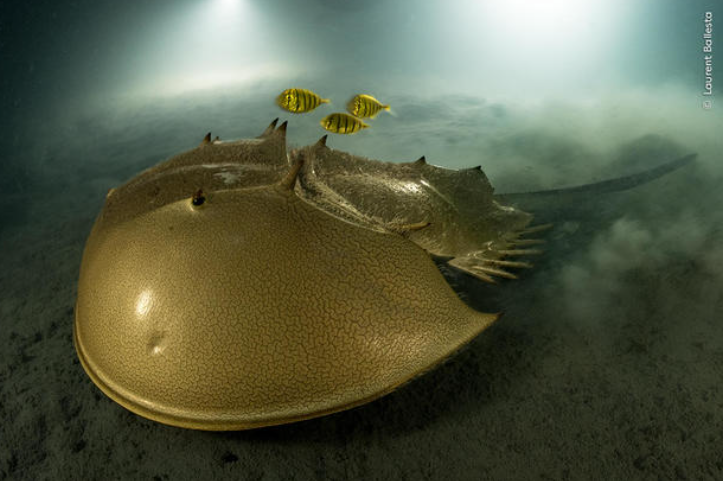
1. Eclipsing All: Photographer of the Year, Laurent Ballesta’s Horseshoe Crab Shines Brightest!
In a stunning display of natural beauty and photography prowess, a luminescent image of a horseshoe crab has clinched the top spot at the National Museum of Natural History’s Wildlife Photographer of the Year 2023 competition. Captured by the talented photographer Laurent Ballesta, this remarkable photograph showcases the mesmerizing radiance of a horseshoe crab as it navigates through the underwater world.
The image brilliantly captures the intricate details and bioluminescent glow of the horseshoe crab, shedding light on the mysterious and often underappreciated creatures of the deep. Ballesta’s exceptional skills in underwater photography bring to life the ethereal quality of the subject, revealing the hidden world beneath the waves.
This awe-inspiring photograph serves as a testament to the extraordinary beauty of nature and the importance of conservation efforts to protect the marine life that inhabits our oceans. It stands as a beacon of recognition for the significance of biodiversity and the artistry that can be found in the natural world.
Thank you for your generous gift that will help us continue the production of this weekly, free publication
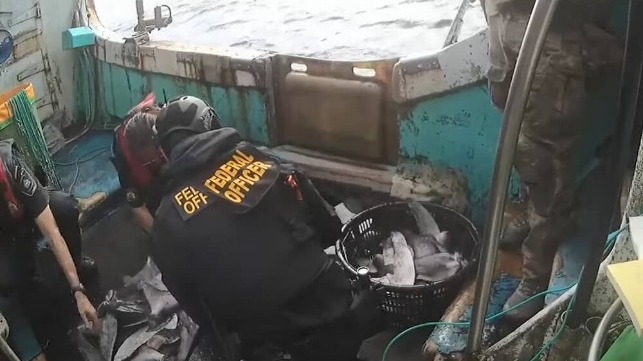
2. Canadian Fishery Patrol Turns up 3,000 Illegal Shark Fins
An annual mission to the North Pacific Ocean revealed the continuing menace of illegal, unregulated, and unreported (IUU) fishing through the discovery of 3,000 illegal shark fins and widespread fishery violations. For two months, the multinational mission known as Operation North Pacific Guard patrolled over 12,000 nautical miles aboard the chartered vessel Atlantic Condor.
The goal was to find illegal high seas driftnets, illegal fishing activity and inspect fishing vessels to ensure compliance with fisheries regulations. The mission was led by Canada and involved ocean patrols, satellite and air surveillance. It interacted with over 400 crew members from different nations onboard their vessels. During the inspections, boarding parties found a total of 3,000 shark fins, an indication that illegal shark finning continues unabated. Some of the fins were from threatened species, such as oceanic whitetip sharks.

3. Whitefish Species Declared Extinct Is Now Confirmed to Be Alive
Can you bring a species back from extinction? In the case of one fish, you can — if it never really disappeared! Houting, a whitefish once common to the North Sea area of Europe, was declared extinct in 2008 on the International Union for the Conservation of Nature’s Red List. A recent DNA comparison between the common European whitefish, found in freshwater and ocean waters in western and northern Europe, and samples of houting from the Natural History Museum in London showed that the two species’ DNA was almost identical.
Along with making a case for reclassifying houting as not extinct, the study proposes a change in how conservation efforts target one species at a time, its authors say. Instead, saving marine animals should involve the restoration of water bodies and the connections between them, which is what probably helped the houting survive.
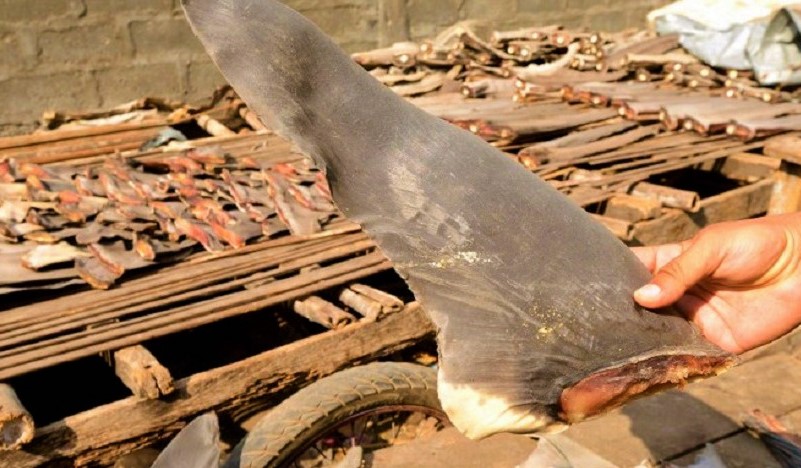
4. Hong Kong Adds Two Shark Families on Controlled Trade List
Hong Kong on Friday added two major shark families to a list of endangered animals whose trade in the city will be tightly controlled under CITES regulations. The city is one of the world’s largest markets for shark fin, which is viewed by many Chinese communities as a delicacy and often served as a soup at expensive banquets.
CITES (Convention on International Trade in Endangered Species of Wild Fauna and Flora) — the treaty’s governing body — approved in November a plan to include the requiem shark and the hammerhead shark families on their list, which includes more than 50 species.Hong Kong amended its list of endangered species “to give effect to the latest regulations of CITES on the controlled species”, a spokesman for the city’s agriculture, fisheries and conservation department said on Friday.
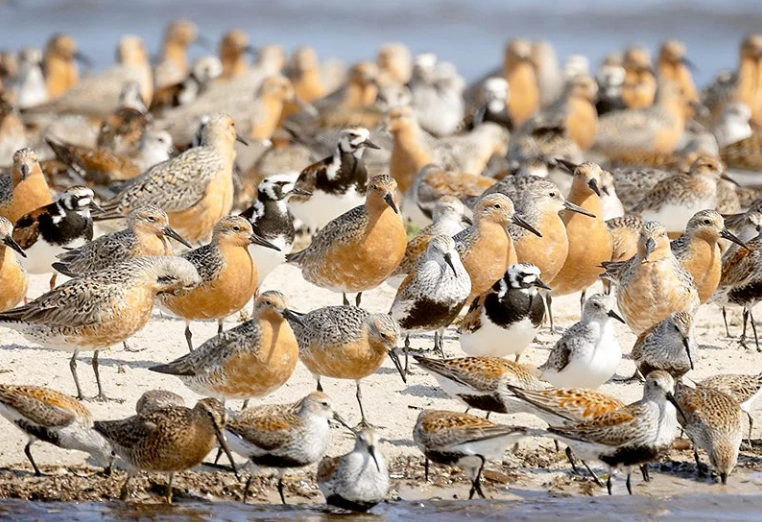
5. Fisheries Commission Rejects Female Horseshoe Crab Harvest Proposal for Delaware Bay
Proposal would have had devastating impacts on the threatened red knot shorebird. BEAUFORT, NC — Conservation groups commended today’s decision by the Atlantic States Marine Fisheries Commission (ASMFC) to forego a 2024 bait harvest of female horseshoe crabs in Delaware Bay, where the crabs’ eggs fuel a globally significant stopover habitat for migratory shorebirds.
Today’s decision avoids worsening conditions for shorebirds including the red knot, which is listed as threatened under the Endangered Species Act and depends on crab eggs to complete its annual migration from as far south as Tierra del Fuego to its breeding grounds in the Arctic. The commission had considered a proposal to allow for the harvest of 175,000 female crabs after a 10-year prohibition.
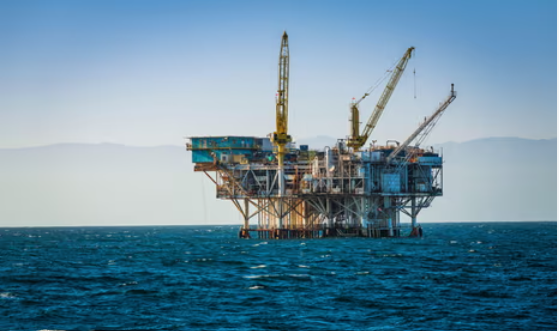
6. Every Square Inch Is Covered in Life’: The Ageing Oil Rigs That Became Marine Oases
Built decades ago, California’s offshore oil platforms are home to a huge diversity of marine life. Now a debate rages over their future. As California shifts away from offshore drilling and toward greener energy, a debate is mounting over their future. On one side are those who argue disused rigs are an environmental blight and should be removed entirely.
On the other side are people, many of them scientists, who say we should embrace these accidental oases and that removing the structures is morally wrong. According to a 2014 study, the rigs were some of the most “productive” ocean habitats in the world, a term that refers to biomass – or number of fish and other creatures and how much space they take up – per unit area.
The research showed the rigs to be about 27 times more productive than the natural rocky reefs in California.
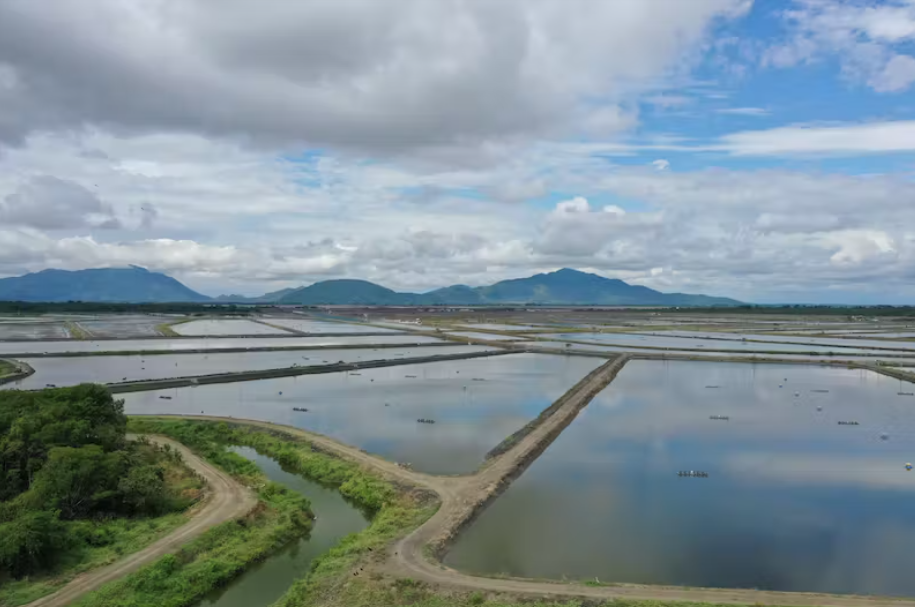
7. Can Shrimp Farming Restore Mangroves? This Scientist Is Making It Happen
Aquaculture — a fancy term for farming fish and other aquatic animals — has been criticized for years. Dane Klinger wants you to know that it could be essential to feeding the planet, fighting climate change, protecting marine life and supporting small farmers if done right. Over the last 30 years, shrimp farms have increased production by more than 1,000 percent.
This dramatic growth has often come at the expense of nature, specifically mangrove forests, which in many countries have been cut down to make way for shrimp farms. All food production has some impact on the environment. A core concept in economics is the notion that “there’s no such thing as a free lunch,” and that is literally true in food production.
Aquaculture, when done right, has a large role to play in producing more food with relatively less environmental harm.
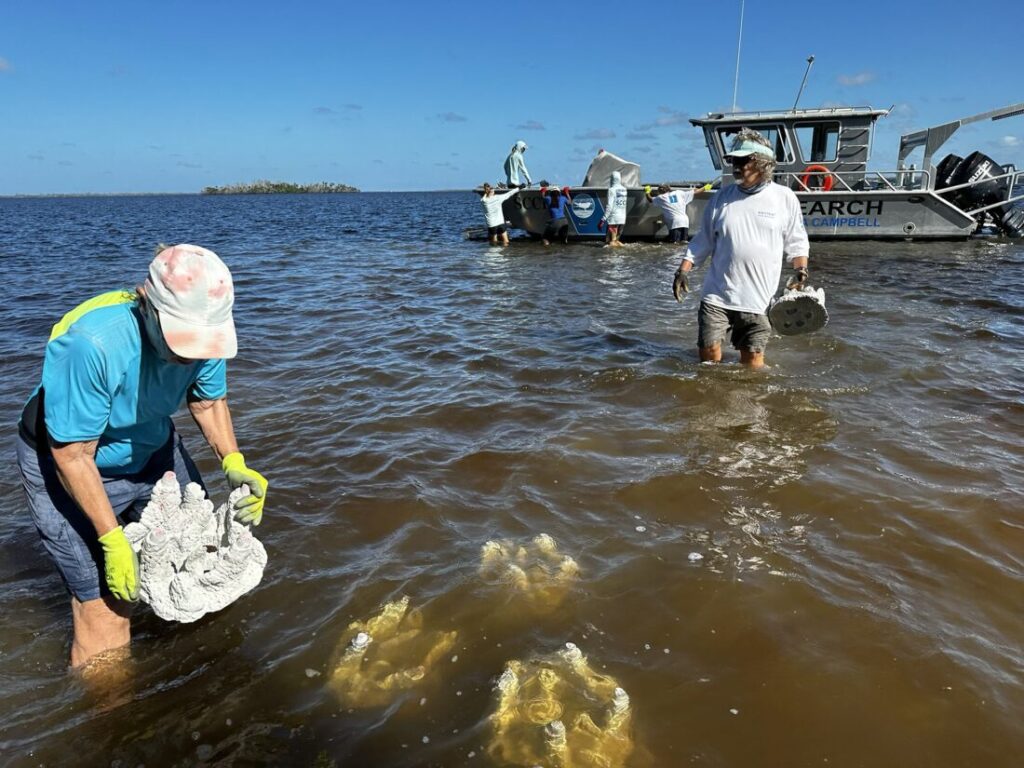
8. New Oyster Restoration Site Installed
The Sanibel-Captiva Conservation Foundation Marine Laboratory and Coastal Watch partnered with researchers at the University of Florida to establish a new oyster restoration site in San Carlos Bay. The SCCF reported that staff, volunteers and UF scientists went to the site to place 250 specially designed oyster tiles, made by Virginia-based organization Grow Oyster Reefs.
“Restoring oyster reefs requires only substrate at the correct elevation, and the larvae that are in the water will settle onto the shell or substrate and grow to an adult oyster,” Marine Lab Director Dr. Eric Milbrandt said. “The substrate in this project uses a unique combination of crushed oyster shell and cement.” The tiles which are 20 pounds each will be measured for their effectiveness to grow adult oysters, and the team will also look at seagrass growth around the tiles once oysters have settled.
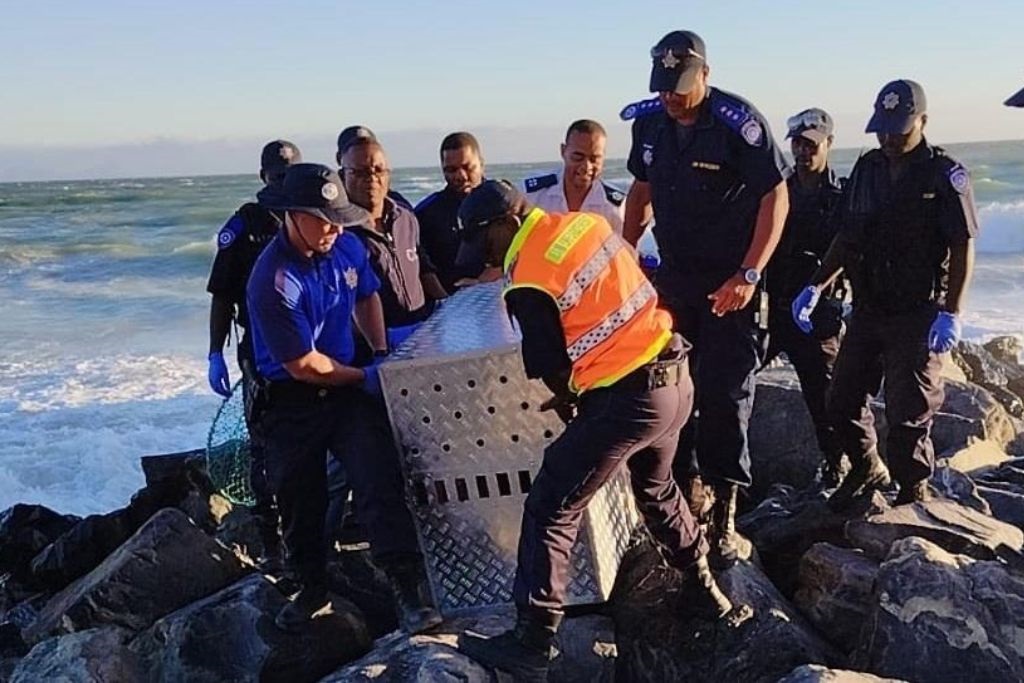
9. ‘Very Serious Offence’: Four Men Sentenced for Torturing a Seal on a Cape Town Beach
The Cape of Good Hope SPCA says a recent court ruling and sentencing of four men found guilty of trapping and stoning a Cape fur seal at the Monwabisi Beach will send a clear message that animal cruelty won’t be tolerated. The Khayelitsha Regional court found Luxolo Godana, 27; Nyameko Titi, 18; Nkosinathi Ndzendevu, 21, and Zamani Sibusiso, 22, guilty and sentenced them to six years’ imprisonment, suspended for five years with conditions.
The SPCA was alerted on 9 January to a harrowing scene at the beach where four men attempted to kill an adult seal by hurling large rocks at the trapped and terrified animal. The SPCA said the harsh punishment should serve as a wake-up call to animal abusers. “This incident serves as a bleak reminder of the urgent need for increased awareness and education on animal rights and welfare.
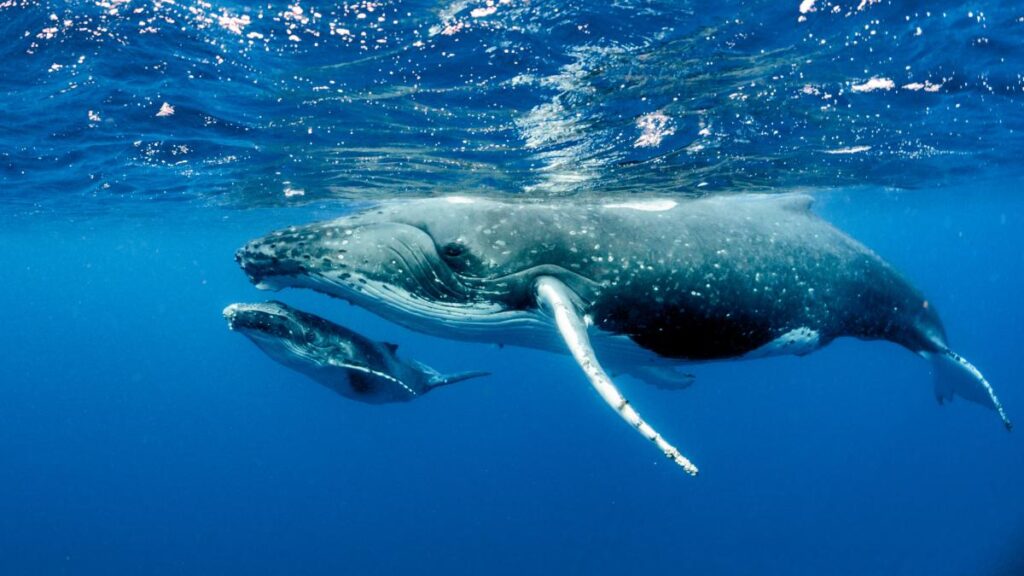
10. Climate Change Amplifies Ocean Noise Pollution
Climate change is taking a toll on the world’s oceans, and a recent study reveals a troubling consequence – increased ocean noise pollution. Rising ocean temperatures and intensified shipping traffic are making marine environments noisier, disrupting the lives of aquatic species. This amplified noise interferes with vital communication and navigation systems for marine creatures, ranging from majestic whales to minuscule plankton. The implications for marine ecosystems are profound, as stress levels rise, breeding patterns are disrupted, and habitats are compromised.

11. The Legal Fishery Sparking Arrests and Violence
Dive into a riveting exposé of an illegal fishery that has ignited arrests and violence. This gripping story delves into the complexities surrounding illicit fishing practices that not only harm marine ecosystems but also trigger conflicts among various stakeholders. Authorities are grappling with the challenge of combating this illicit trade while safeguarding the ocean’s delicate balance. To uncover the tumultuous tale of this contentious fishery and its far-reaching consequences, explore the in-depth feature article.
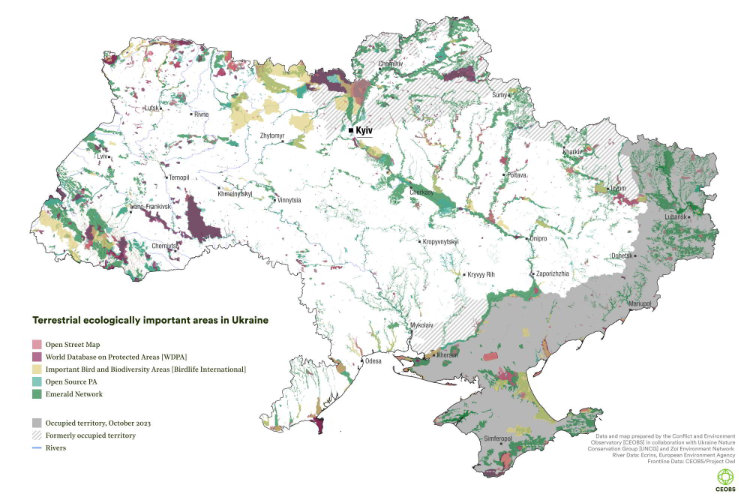
12. Mapping Ukraine’s Ecologically Important Areas
Ukraine’s natural beauty and ecological significance take center stage as comprehensive mapping efforts shed light on its vital environmental areas. These regions play a crucial role in preserving biodiversity and maintaining ecological balance, but they face ongoing challenges in a rapidly changing world.
The Conflict and Environment Observatory (CEOBS) unveils a detailed overview of Ukraine’s environmental treasures, offering insights into the ongoing efforts to protect them. To discover more about these ecologically vital areas and the conservation work being done, read the full report at the below link.
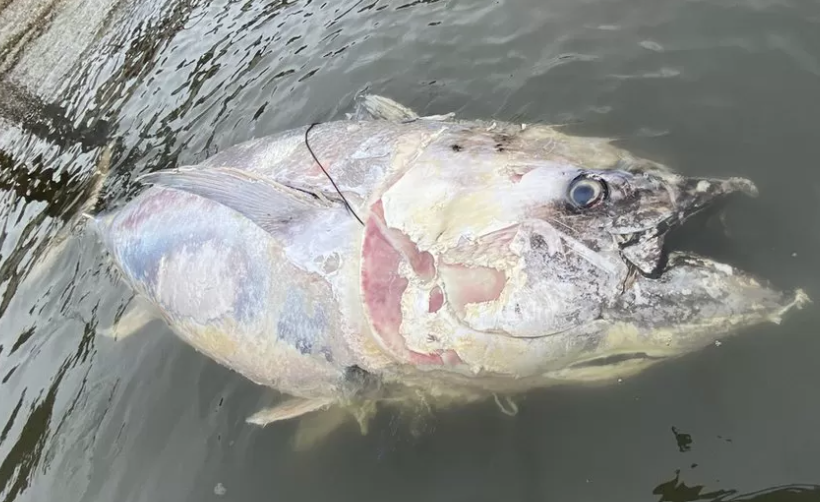
13. Ancient Shipwreck Unearthed in Dorset
A remarkable discovery beneath the waters of Dorset, England, has unveiled an ancient shipwreck, providing a captivating glimpse into maritime history. This exciting find promises to offer valuable insights into historical seafaring practices and the lives of those who once sailed these waters. The archaeological exploration brings to light artifacts and stories from the past, enriching our understanding of maritime heritage. To delve into the details of this intriguing discovery, visit the BBC News article.

14. Sustainability Challenges: Businesses’ Cost Concerns
New research highlights a significant hurdle in the path toward sustainability – the financial constraints faced by businesses. Despite growing awareness of environmental issues, many companies struggle to implement green initiatives due to concerns about cost-effectiveness.
This study examines the various challenges and opportunities for businesses striving to balance profitability with sustainability. To gain insights into how businesses are navigating this complex landscape and potential solutions, explore the comprehensive report by the Craft Guild of Chefs.
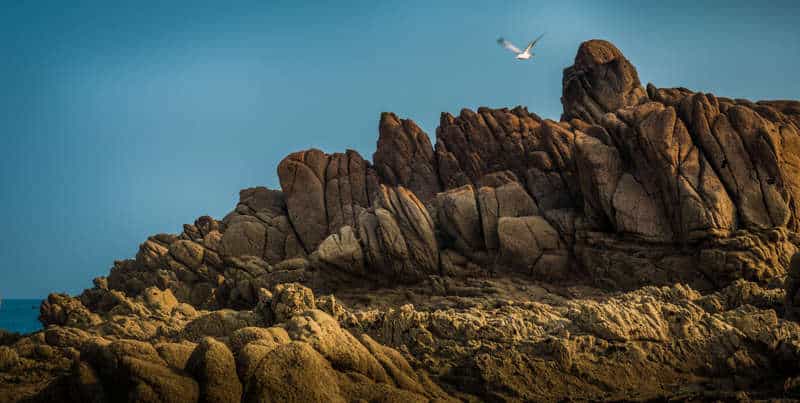
15. Skål Hobart’s Support for Sustainability Projects
Skål Hobart has joined forces with the Pennicott Foundation to bolster sustainability projects in Tasmania. These collaborative efforts are making a positive impact on the environment and the local community. By supporting initiatives aimed at preserving Tasmania’s natural beauty and ecological balance, Skål Hobart and the Pennicott Foundation are paving the way for a greener and more sustainable future. To learn more about their inspiring work and the projects they are supporting, read the full article on Tasmanian Times.
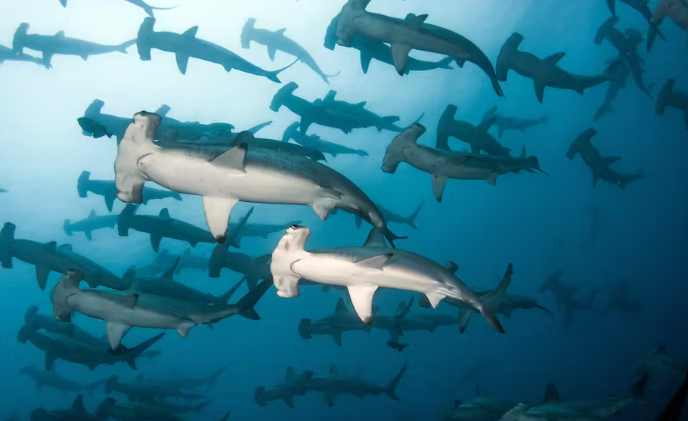
16. Perth, Australia: Urgent Call to Protect Scalloped Hammerheads
The seas off Perth have become a critical gathering point for critically endangered scalloped hammerhead sharks. These majestic creatures urgently need protection to ensure their survival. As they congregate in these waters, conservation efforts are crucial to safeguard their habitat and support their population recovery. Explore the importance of protecting these remarkable marine animals and the initiatives aimed at their conservation in The Conversation’s article.

17. Czech Republic’s Commitment to Combat Plastic Pollution
The Czech Republic has taken a significant step in the global fight against plastic pollution. With a strong commitment to addressing this environmental challenge, the country is implementing strategies and initiatives to reduce plastic waste. This proactive approach is crucial in mitigating the harmful impact of plastics on ecosystems and human health. To learn more about the Czech Republic’s dedication to combatting plastic pollution and the measures being taken, visit Khmer Times via link below.
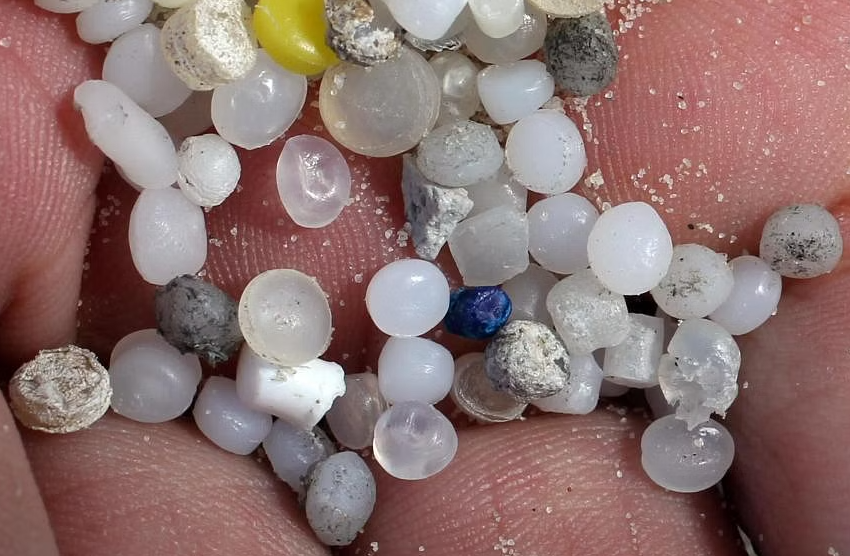
18. EU’s Ambitious Plan to Halt Microplastics Pollution
The European Union has unveiled a groundbreaking plan aimed at halting microplastics pollution by targeting plastic pellets. Microplastics pose a significant threat to aquatic ecosystems and human health, making this initiative of paramount importance. By addressing the issue at its source, the EU aims to mitigate the widespread presence of these harmful particles in the environment. Explore the comprehensive strategy and the EU’s efforts to combat microplastics pollution in The Straits Times.
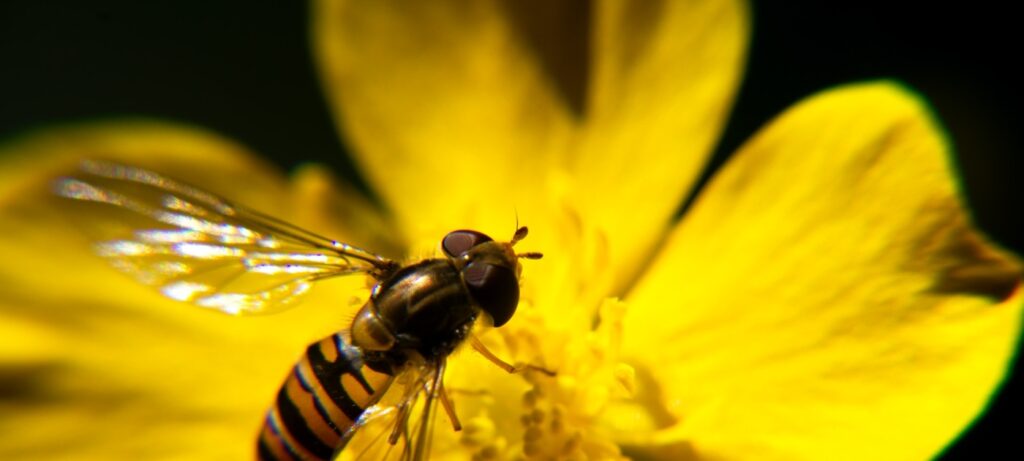
19. UNEP Report: Building a Scientific Foundation for Biodiversity Action
The United Nations Environment Programme (UNEP) underscores the critical role of scientific research in shaping biodiversity conservation efforts. Scientific insights provide the foundation for informed policies and actions to safeguard the planet’s biodiversity. UNEP emphasizes the importance of continued research and collaboration to address the pressing challenges facing our ecosystems and species diversity. To delve into the significance of scientific knowledge in driving biodiversity action, read the full speech by UNEP.
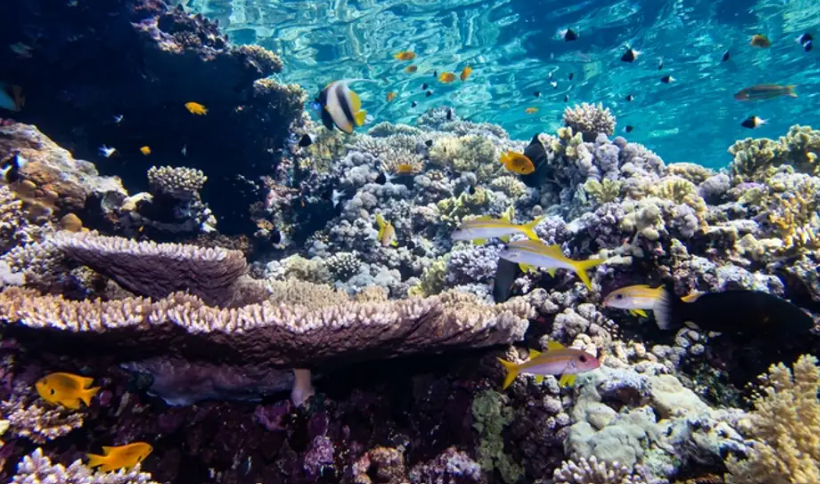
20. Marine Life in Asian Waters, Especially India, Face Maximum Threat From Climate Change, Warn Experts
Marine biologists at an international conference here warned that the marine life of Asian countries would be affected the most due to climate change. According to marine biologists, by 2100 the highest proportion of fish species, 86 per cent, within the Exclusive Economic Zone (EEZ) of the Asian nations is likely to be at high or critical climate risk, compared to 77 per cent in North America, 73 per cent in Oceania and 71 per cent in Africa.
Projections based on climate scenarios indicate that the global biomass of marine animals is likely to decrease by up to 21 per cent. Tropical regions are expected to experience a greater decrease compared to the global average.
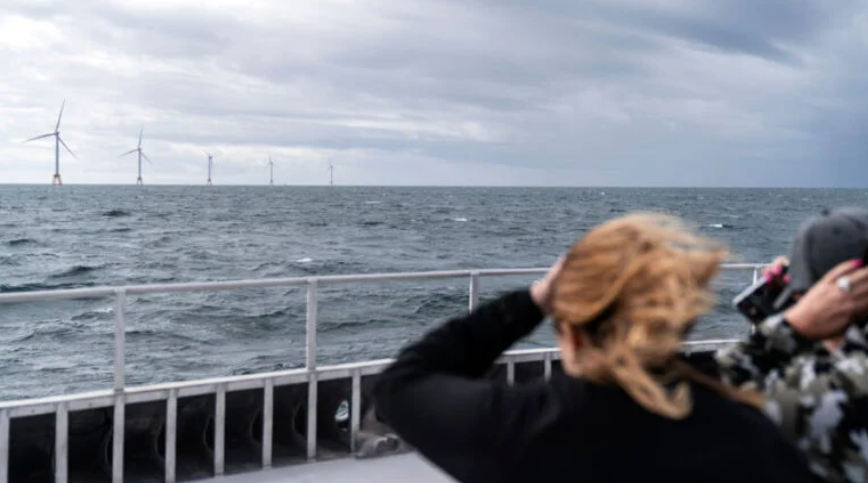
21. Another Legal Challenge to N.J. Offshore Wind Project
Cape May County, fishing, tourism and conservation groups accuse federal agencies of violating laws. In a lawsuit filed Tuesday in U.S. District Court in New Jersey, commercial fishing and tourism interests and a conservation group joined Cape May County in accusing federal agencies of ignoring and violating laws designed to protect the environment and marine life.
The dispute is the latest that threatens to delay the project, which also faces stiff financial challenges that have led officials from Ørsted, a Danish company, to consider pulling out of building the 98-turbine project. Ørsted’s Ocean Wind I, a 1,100-megawatt project about 15 miles offshore from Atlantic City, is entangled in assorted court battles.
Orsted has sued Cape May County and Ocean City over delays in obtaining permits while the state faces challenges over its approval of the project from local groups.
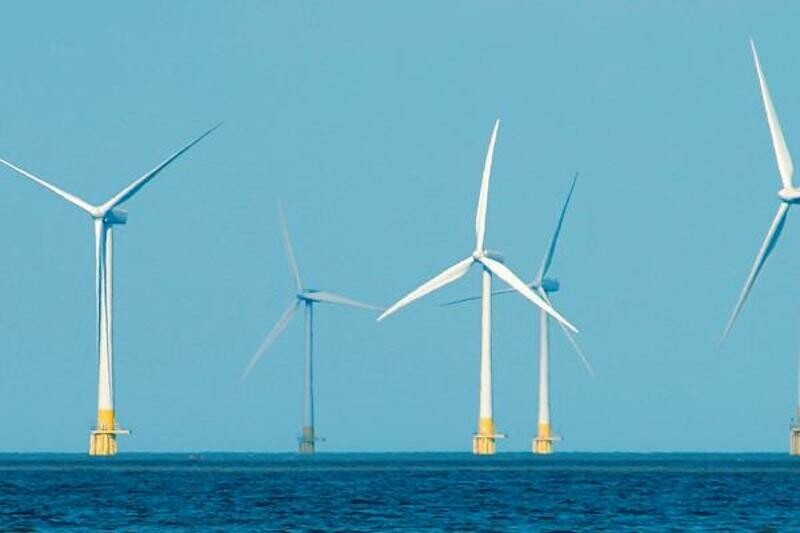
22. New Jersey League of Conservation Voters (LCV) Responds to Recent Anti-Wing Lawsuit
The following is a statement from Ed Potosnak, Executive Director, New Jersey LCV regarding a lawsuit filed by Cape May County accusing federal agencies of ignoring and violating laws designed to protect the environment and marine life by moving forward with offshore wind. “This is another expensive press release in the form of a frivolous lawsuit spreading lies and fossil fuel propaganda.
We know that the greatest threat to our oceans is climate change and offshore wind is one of the solutions to help our oceans and marine life thrive, Oceans are warming, coral reefs are bleaching, and marine ecosystems are collapsing. We can’t continue to twiddle our thumbs in the face of a climate crisis and turn our back on real solutions like wind energy to protect our oceans, improve public health, make us energy independent, and create good local jobs that can’t be outsourced.”
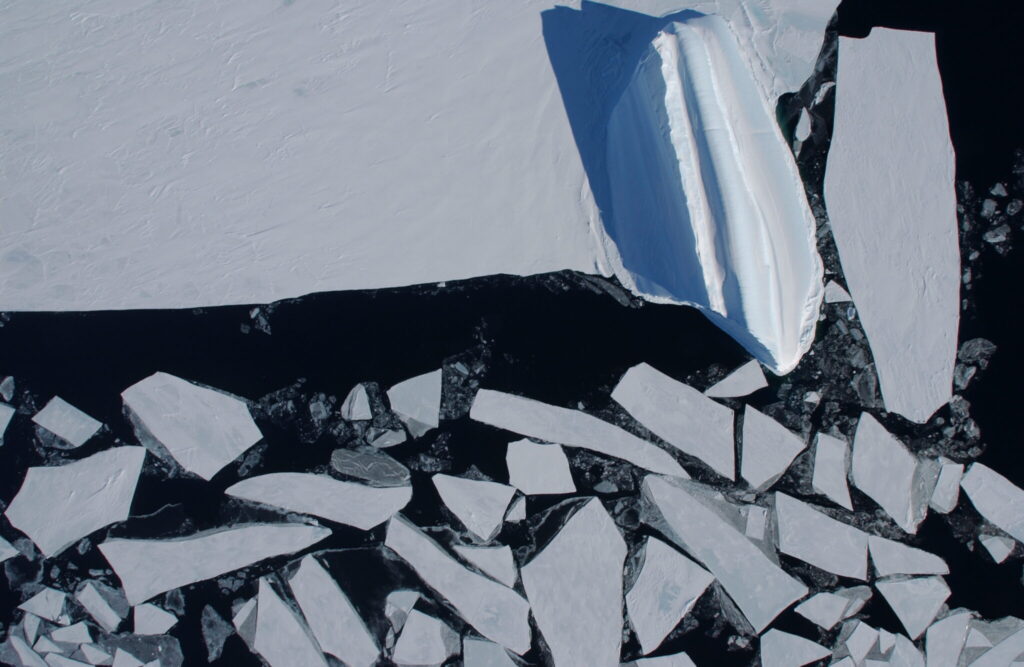
23. Sea Change: New Blueprint for Southern Ocean
Over 200 scientists, including those from British Antarctic Survey (BAS), across 19 countries, present a comprehensive assessment of Southern Ocean ecosystems. Climate change emerges as the primary influencer of species and ecosystem shifts in the region, emphasizing the urgency for global action to combat climate change and ocean acidification, particularly for polar-adapted Antarctic species and coastal systems.
The assessment, akin to an IPCC report for the Southern Ocean, aims to inform policymakers globally in an accessible manner. The Southern Ocean, critical for biodiversity and pivotal for our food and climate regulation, is absorbing a substantial portion of the world’s temperature increase, necessitating conservation efforts. The report coincides with the international meeting of the Commission for the Conservation of Antarctic Marine Living Resources (CCAMLR). You can access the MEASO Summary for Policymakers here.
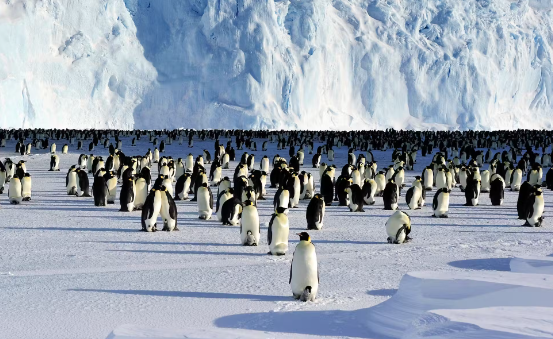
24. More Than 200 Scientists From 19 Countries Want to Tell Us the Southern Ocean Is in Trouble
The Southern Ocean, once stable in winter sea ice extent, saw a change in 2016 with consecutive record lows. In 2018, scientists initiated a first-of-its-kind marine ecosystem assessment, akin to an IPCC report, for this vital region. Sea ice, crucial to Antarctic marine life, is declining, endangering krill, penguins, and whales. The report underscores climate change as a primary influencer and calls for urgent global action.
It emphasizes the need for comprehensive, year-round scientific assessment and models to predict ecosystem changes. The report will guide decision-making, notably at the international meeting of the Commission for the Conservation of Antarctic Marine Living Resources.
The Southern Ocean’s health is fundamental for the planet, necessitating coordinated conservation efforts. The assessment exemplifies effective collaboration between science and policymaking, signaling the start of ongoing support for evidence-based conservation.

25. EU Proposes New Plastics Measures
The European Commission aims to reduce plastic pellet pollution in the EU by 74% by 2030, following its ban on cosmetic glitter and microplastics. This ban targets particles smaller than 5 millimeters, including “nurdles,” commonly used in plastic production. These pellets often end up in oceans due to industrial spills and mismanagement, posing risks to marine life and human health.
The Commission’s proposal would cut overall microplastic pollution in Europe by 7%, focusing on prevention rather than management. Operators handling pellets would be required to take precautions, contain spills, and clean up. The proposals, to be debated in the European Parliament, suggest best handling practices and mandatory certifications. If unaddressed, global microplastic pollution is set to double by 2040. The proposal seeks to make industry best practices mandatory to reduce microplastic pollution.




